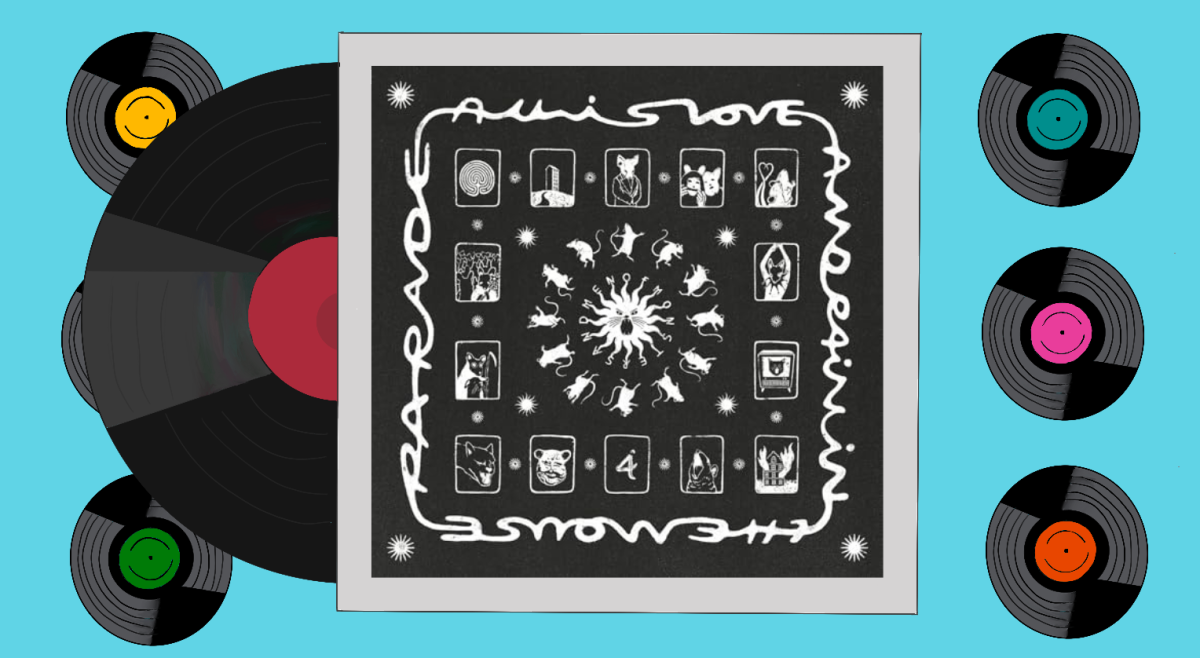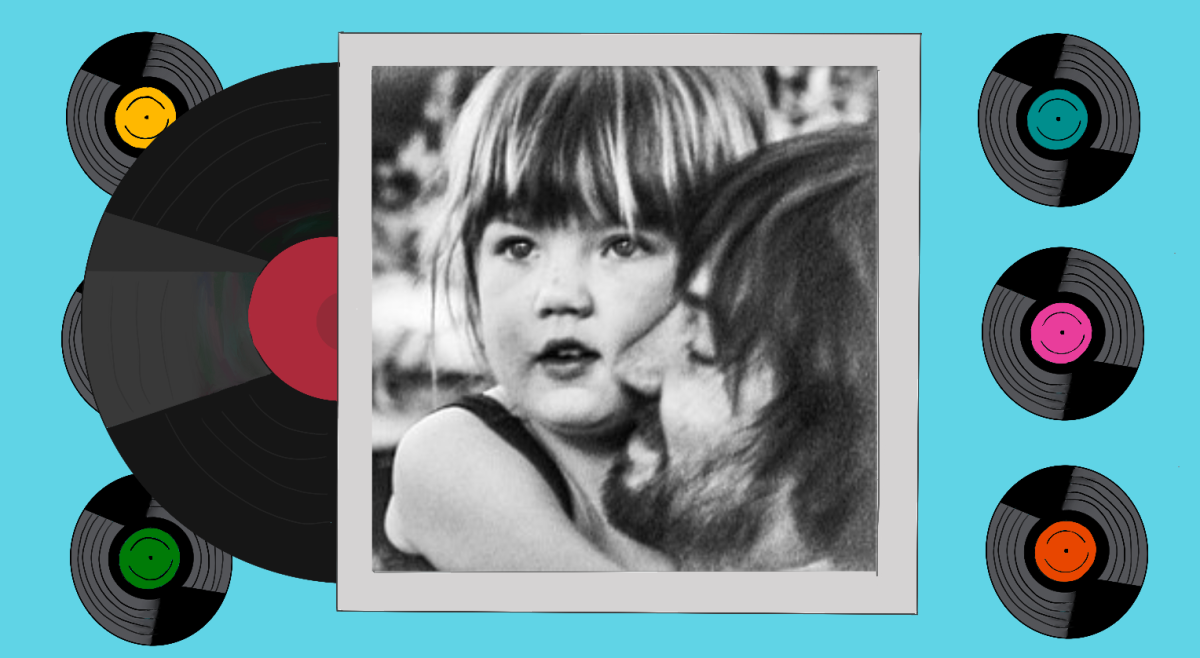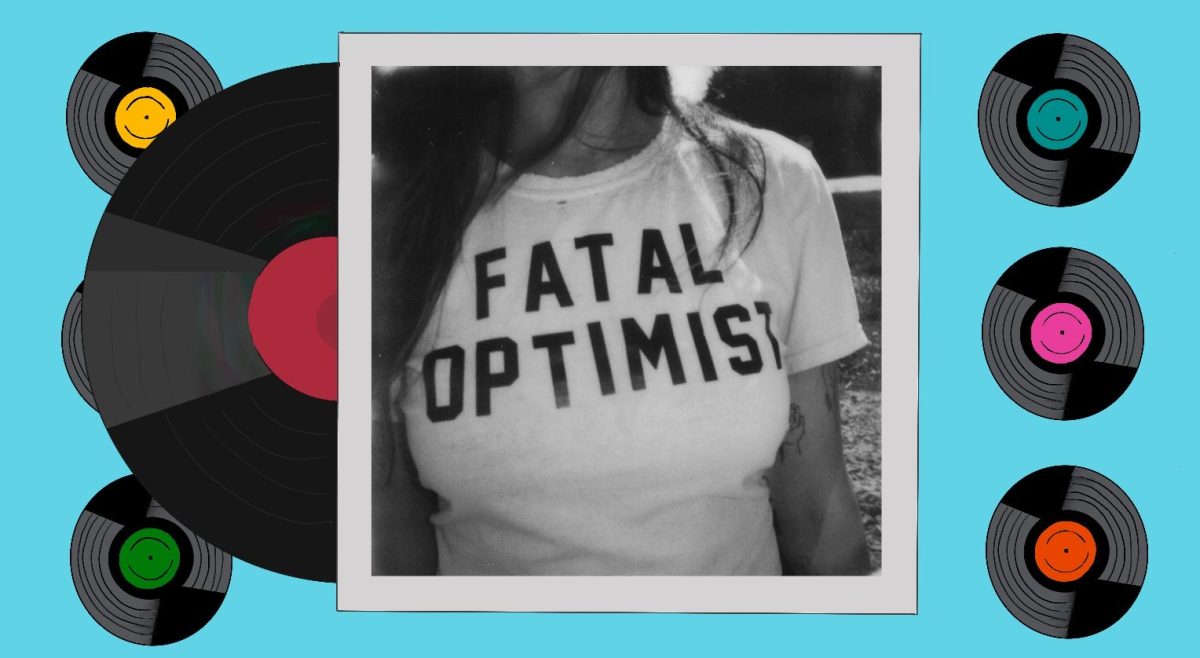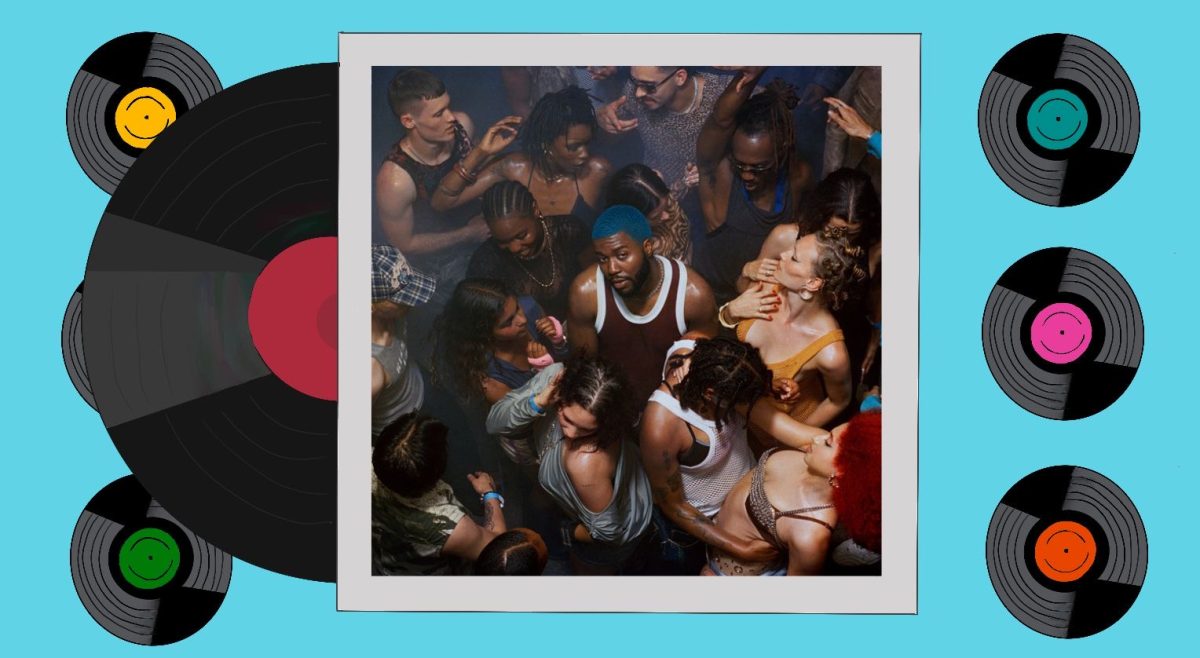★★★☆☆
Having flown under the radar since the release of her last album, Demi Lovato presents a radical switch to dance-pop with It’s Not That Deep. Harnessing a techno sound and distorted vocals, it sounds like Lovato was heavily inspired by Brat Summer.
Not only does Lovato share the same iconic, black hair as Charli XCX, but she has also seemed to adopt a similar vocal tone. Most of the album, especially the singles, are marked by the particular vocal fry that defines Charli’s style. Unfortunately, Lovato’s mimicry does not quite match up.
At the start, the album is all about Lovato’s crippling need to party in order to cope with romantic hardships. Behind upbeat synths and repetitive choruses, there are hints of insecurity and struggle.
“I don’t wanna go all natural, I want electronic / ‘Cause if the music ever stops, I might go psychotic,” Lovato sings in “Here All Night.”
While simple lyrics can be even more impactful than eloquent rambling, Lovato’s vocabulary and rhyme schemes are elementary-sounding. This diminishes the subjects she seeks to cover and turns the album slightly childish.
After the considerable time Lovato has spent in the industry, one would expect her to stray away from overused cliches and tired metaphors. Unfortunately, in this aspect, Lovato disappoints.
Arguably, she is not really in need of more thoughtful lyrics, as the electronic pulsing drowns out any possible thinking. She purposefully utilizes loud backing vocals and heavy production to simulate a wild party—one that is careless and remedies all emotional tumult.
As the track list progresses, Lovato redeems herself by reverting more to her pop roots. In “Sorry To Myself,” she becomes more raw, represented by stripped-down vocals. Taking on a softer tone of self-love, Lovato acknowledges the intense mental health challenges that ravaged her life.
“I beat you to it, I was my favorite hater / But I’m tired, now I’m flirting with hope,” Lovato sings.
Much of It’s Not That Deep alludes to her greater happiness now in comparison to just a few years ago. With her fresh marriage to singer-songwriter Jordan “Jutes” Lutes in mind, Lovato makes a bountiful number of references to a stable romance. In fact, with this stability, she is unafraid to express her deep fear of losing her lover.
In the final and most vulnerable and heartfelt song on It’s Not That Deep, “Ghost,” Lovato finally releases her powerful belt. Diverging from the rest of the album, this song relies on steady piano and little else. It is a breath of fresh air to hear Lovato sing so freely about her pure love for her husband with her usual sound.
“I hope you flicker the lights / And send a chill down my spine so cold / Wanna be haunted for life by your ghost / If you’re not here by my side,” Lovato sings.
It’s Not That Deep may not contain the most masterful writing, but there is certainly merit in its unabashed messages and experimental backtracks.
With more practice and increased variety, Lovato’s hand at dance-pop could become her new sound. Even so, there is a reason why the best songs on this album were reminiscent of her old, pop-rock style.
Instead of following in the footsteps of the chart-toppers of today, Lovato should abandon her It’s Not That Deep attitude and make a full comeback to the soulful hits that first established her as a pop icon.







